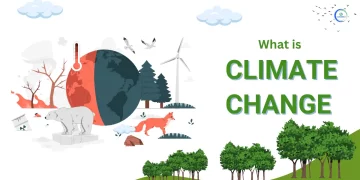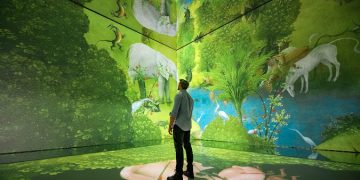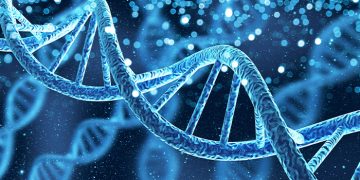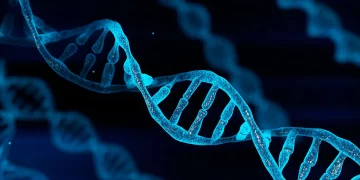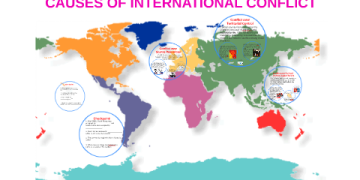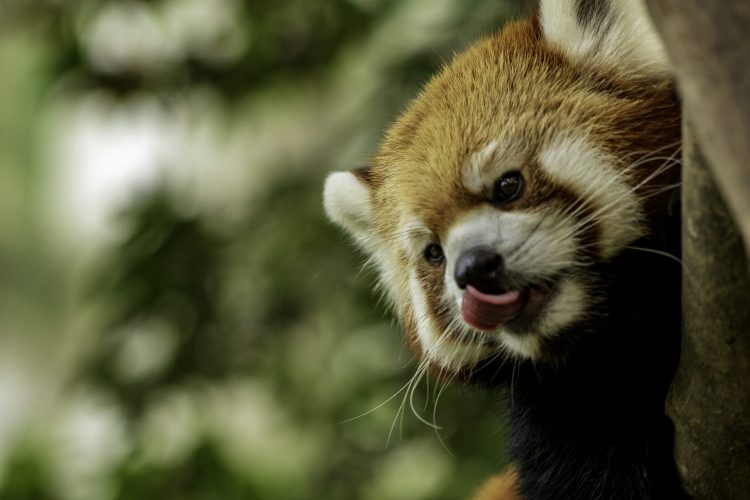I. Historical Roots of Animal Use
Humans have long relied on animals for food, labor, and companionship. The domestication of livestock around 10,000 years ago transformed human society. Later, animals became central to scientific progress, serving as models in medical research.
II. The Rise of Ethical Concerns
In the 19th and 20th centuries, movements advocating for humane treatment of animals gained momentum:
- Anti-Cruelty Laws: Early regulations in Britain and the U.S. limited mistreatment.
- Animal Rights Philosophy: Thinkers like Peter Singer argued for minimizing animal suffering.
- Public Awareness: Documentaries exposed inhumane practices in factory farming and laboratories.
III. Modern Debates
- Industrial Farming: Critics condemn overcrowded conditions and advocate for plant-based or lab-grown alternatives.
- Animal Testing in Research: While crucial for developing vaccines and treatments, it faces growing scrutiny.
- Cultural Practices: Controversies around whaling, bullfighting, and exotic pet trades highlight tensions between tradition and ethics.
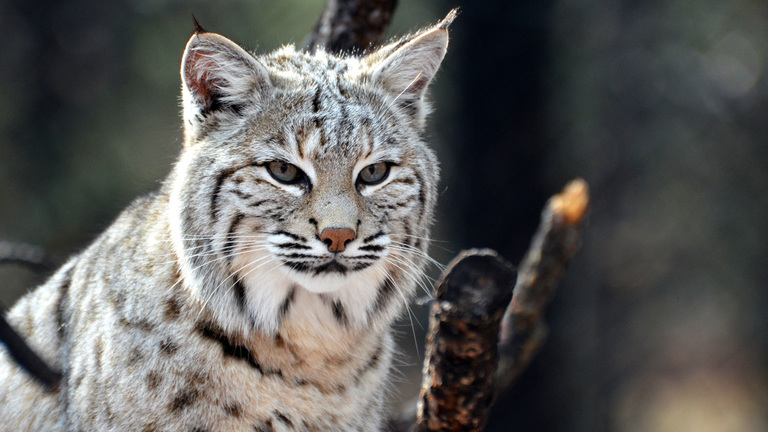
IV. The Rise of Alternatives
- Lab-Grown Meat: Promises to reduce reliance on farmed animals.
- Organoids and Computer Models: Offer alternatives to animal testing.
- Conservation Ethics: Focus on protecting animals as part of healthy ecosystems rather than as mere resources.
V. Policy and Global Perspectives
Different cultures and countries approach these debates differently:
- The EU has banned cosmetics testing on animals.
- Some Asian nations are balancing traditional practices with modern ethics.
- Global frameworks like the One Health initiative integrate animal welfare into broader health and sustainability goals.
VI. Conclusion: Toward a More Compassionate Future
Ethical debates about animals are not obstacles to progress but opportunities to shape a more humane and sustainable society. Balancing innovation, tradition, and compassion will define humanity’s future relationship with animals.


















